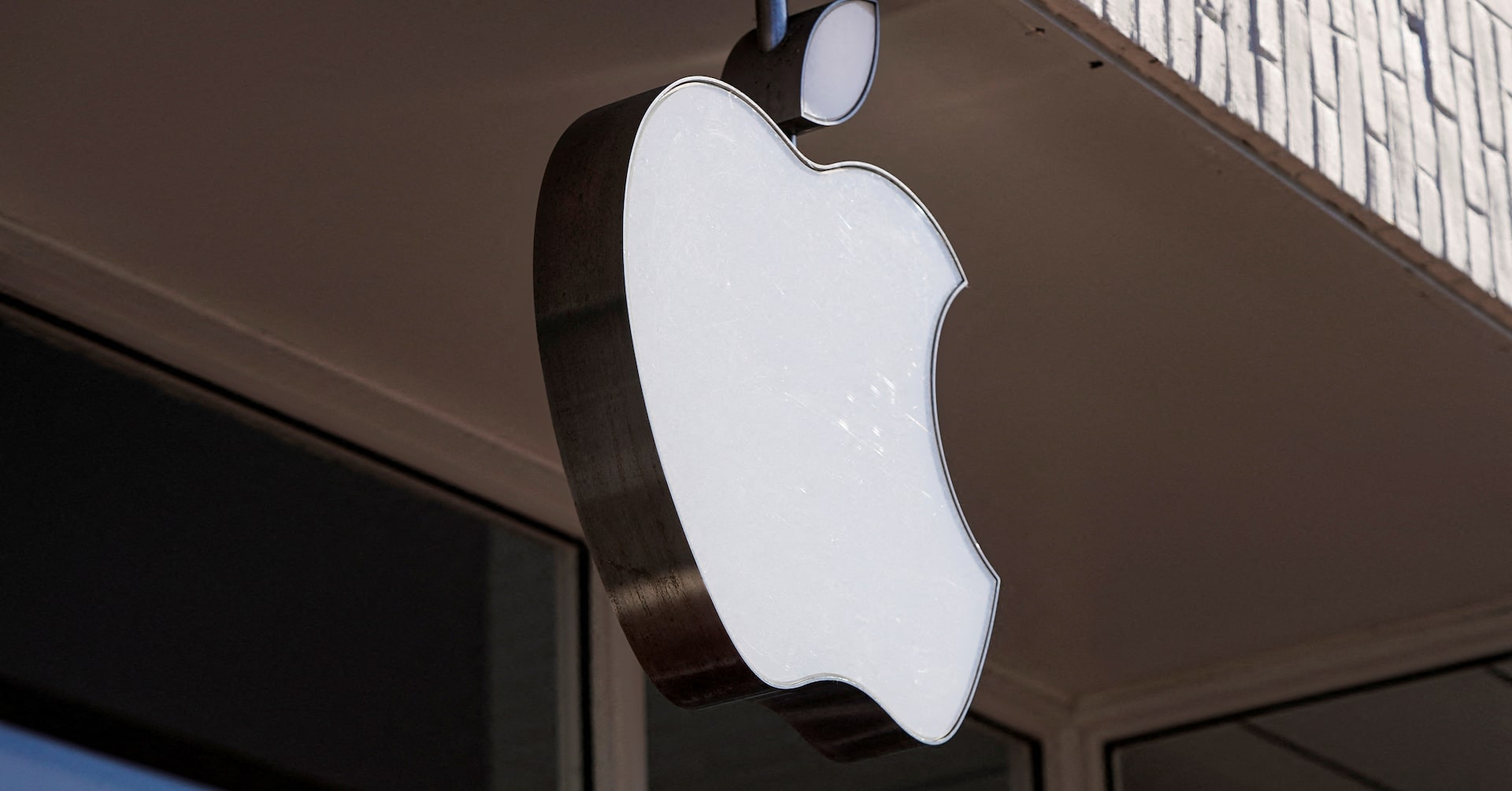The White House said on Friday it had…
Demand remains high for Sora, OpenAI’s new invite-only AI video app for iOS users. So high, in fact, that scammers are rushing to fill demand.
As TechCrunch reported, phony Sora apps somehow slipped…

The White House said on Friday it had…

This article first appeared on GuruFocus.
Goldman Sachs (NYSE:GS) analysts have turned more cautious on European bank debt, cutting their recommendation on euro-denominated high-grade bonds by banks to underweight, only months after scrapping their earlier bullish stance. Led by Lotfi Karoui, the team noted that bank bonds are now trading at even tighter spreads than the rest of the market, leaving little room for additional value. The analysts said the spread premium that once made the sector appealing is decidedly a thing of the past, and warned that tight valuations could limit upside potential from here.
The downgrade follows a strong rally in European bank bonds this year, as investors piled into the sector amid optimism over the industry’s recovery. But Goldman’s analysts cautioned that fiscal risksespecially in Franceare beginning to resurface, posing potential headwinds for the market. Political uncertainty in Paris has already pressured some French bank bonds, and Goldman said the fluid backdrop and challenging fiscal outlook make French issuers particularly vulnerable. The firm added that sovereign risks could be more damaging to bank bonds than to other corporate debt.
In late June, Goldman had already shifted both its U.S. dollar and euro bank bond calls to neutral, ending an overweight that had been in place since early 2024. The move to underweight suggests a more defensive tone, as the team believes investors may find better risk-reward opportunities elsewhere in credit markets. With spreads compressed and fiscal clouds gathering over Europe’s largest economies, Goldman’s message to clients is clear: the easy gains in bank debt could be behind us.

A new artificial intelligence tool could make flood forecasts more accurate and actionable, according to a study published in AGU Advances. Researchers found that combining a machine learning model with the U.S. National Oceanic and…

Demand remains high for Sora, OpenAI’s new invite-only AI video app for iOS users. So high, in fact, that scammers are rushing to fill demand.
As TechCrunch reported, phony Sora apps somehow slipped…

This story discusses suicide. If you or someone you know is having thoughts of suicide, please contact the Suicide & Crisis Lifeline at 988 or 1-800-273-TALK (8255).
Millions of men undergoing hair loss treatment may be putting their mental health…

Sign up here.
Spokespeople for Apple and Martinez-Conde, Macknik, and their attorney did not immediately respond to requests for comment on the new complaint on Friday.
Apple Intelligence is a suite of AI-powered features integrated into iOS devices, including the iPhone and iPad.
“The day after Apple officially introduced Apple Intelligence, the company gained more than $200 billion in value: ‘the single most lucrative day in the history of the company,’” the lawsuit said.
According to the complaint, Apple utilized datasets comprising thousands of pirated books as well as other copyright-infringing materials scraped from the internet to train its AI system.
The lawsuit said that the pirated books included Martinez-Conde and Macknik’s “Champions of Illusion: The Science Behind Mind-Boggling Images and Mystifying Brain Puzzles” and “Sleights of Mind: What the Neuroscience of Magic Reveals About Our Everyday Deceptions.”
The professors requested an unspecified amount of monetary damages and an order for Apple to stop misusing their copyrighted work.
Reporting by Blake Brittain in Washington, Editing by Alexia Garamfalvi and Rod Nickel
Our Standards: The Thomson Reuters Trust Principles.

Doja Cat bought her own Fortnite bundle while streaming live on Twitch on October 8, 2025. The American singer and rapper shocked…